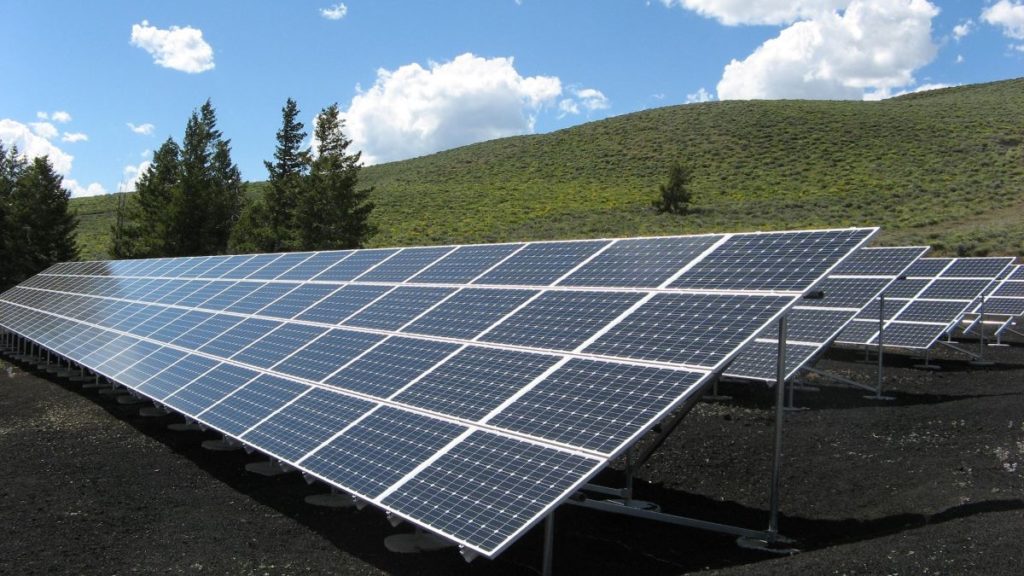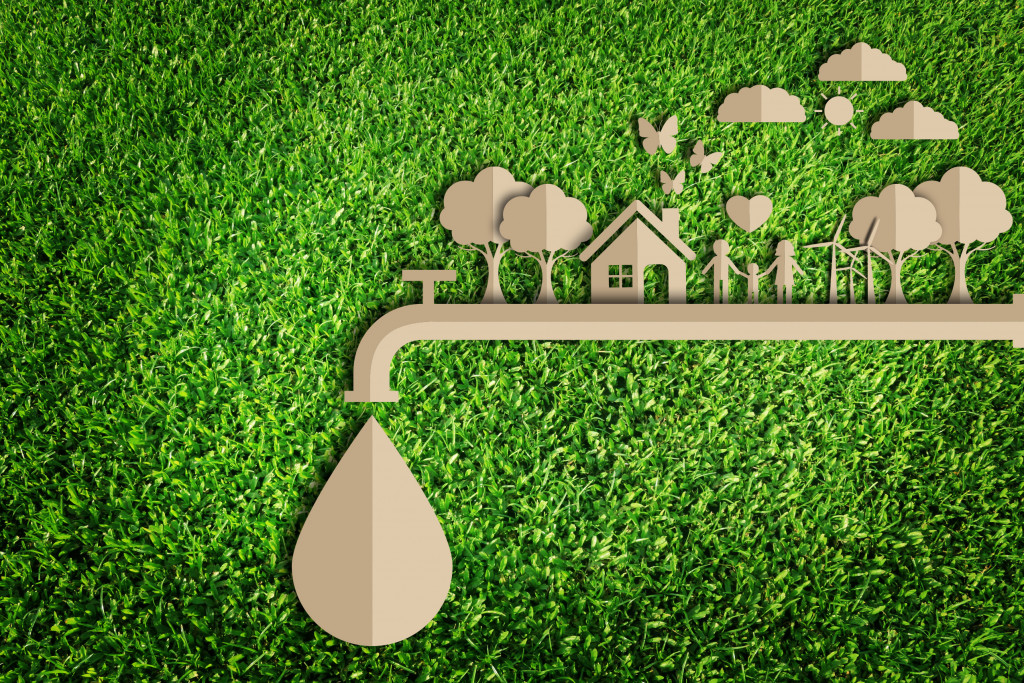Before the COVID-19 pandemic, there were post-apocalyptic movies. You most likely exited the cinemas exchanging thoughts with your family and friends on how you’ll survive specific scenarios in case they happen. Now that a real threat has emerged, however, similar questions hover in your mind. What if the situation worsens? How would you manage?
While it’s unlikely that the pandemic will trigger the apocalypse, there is a glint of wisdom in the idea of preparing for the worse. One of the most practical means you can further your safety is by making your house self-sufficient. Doing so will decrease social interactions, improve your savings, and spare you from the negative impact the pandemic could have on certain industries like food manufacturing.
It’s a lofty idea, but not impossible. Here are the top three ways you can begin to be self-sufficient.
Grow Your Own Crops
The easiest and most important part of a self-sufficient home is food. When you’re able to grow and harvest your own crops, you won’t have to worry about any rise in infections, whether it be in huge cities like London or counties like Norfolk.
If you have a spacious backyard, opt for a greenhouse. Your crops are more likely to survive bad weather and pests than if you expose them to the elements. The great thing about greenhouses is that they’re not complex or expensive to create. Look up PVC plastic sheet suppliers to get affordable prices, and use PVC pipes for the main structure. Looking to upcycle? CD cases, plastic bottles, and old windows are great materials for a greenhouse too.
Once you’ve successfully built one, you can enjoy growing crops that are healthier, fresher, and tastier than grocery-bought goods.

Install Solar Panels
Now that you have your food covered, it’s time to take care of your energy supply. While solar panels will initially cost you a huge sum, it’s an investment worth making. The years following their installation will doubtless see a huge cut back from your monthly expenses. One of the greatest benefits of solar panels is that you won’t have to worry about fluctuating electricity prices or electricity loss.
Bad weather? It doesn’t matter. Solar panels aren’t dependent on heat. It’s light that they convert into energy, so unless the sky permanently goes dark, you won’t have to consider switching to hydroelectric energy.
Get Your Own Water Supply
Apart from food and electricity, running water is a commodity most people cannot live without. To achieve self-sufficiency in this area, you have to consider your options. A popular one among rural areas is digging up their own well. It sounds like a trip to the past, but it’s not as outdated as you might think. A quick search on the internet will show you modern methods on how to do it and the advantages of having one.
If you don’t think this is a viable option where you live, collecting rainwater might be the answer. There are rainwater collection systems that you can install in your home. Be mindful of the filtration methods you’ll use, though, especially if this is where you’ll get your drinking water, too.
Taking Control
The pandemic showed everyone how fragile the norm is. There’s no telling when the next global crisis will hit and how bad it will get, so creating a home that is not completely dependent on the big companies will benefit your safety and sense of security.

